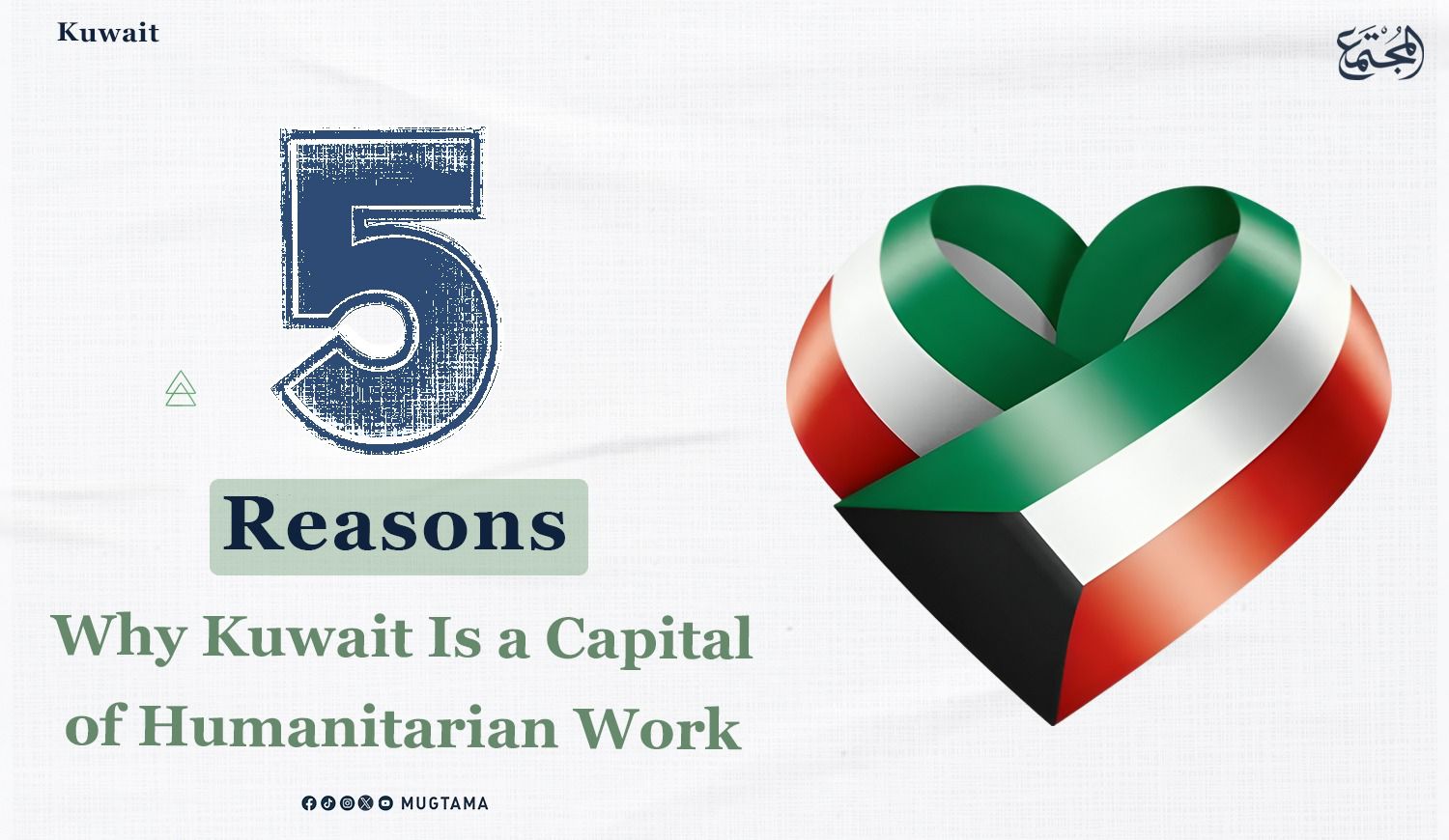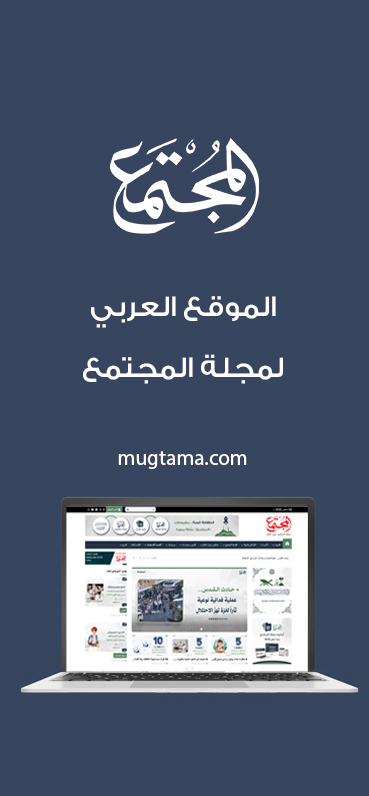Kuwait: A Global Hub for Humanitarian Action
5 Reasons Why Kuwait Is a Capital of Humanitarian Work

1. A Legacy of Giving: Kuwait on World Humanitarian Day
Every year, the world observes World Humanitarian
Day to highlight the importance of saving lives, helping victims, and
promoting solidarity. Kuwait stands at the forefront of nations that have made
humanitarian work a cornerstone of their policy and societal approach, earning
it the title of Humanitarian
Center from the United Nations.
2. Deserved International Recognition
- In
2014, the UN designated Kuwait a "Center for Humanitarian
Action."
- The
late Amir,
Sheikh Sabah Al-Ahmad, was honored with the title "Leader of
Humanitarian Action."
- Swift
Humanitarian Response: Kuwait, particularly through Islamic charitable
organizations, provides rapid aid during crises.
- Urgent
Relief: Islamic charitable organizations have played a significant
role in delivering urgent aid to affected areas such as Gaza, Syria,
Sudan, and Yemen.
- Airlifts
and Sealifts: The country dispatches relief planes and establishes air
and sea bridges to deliver food and medical supplies.
- Regional
and International Partnerships: Kuwait fosters cooperation between its
civil society organizations, especially Islamic charitable organizations,
and the United Nations and its humanitarian agencies.
- Generous
Contributions: The State of Kuwait and its Islamic charitable
organizations make significant contributions to joint humanitarian funds.
- Community
Initiatives: Islamic charitable organizations and local groups lead
initiatives to promote humanitarian values, including:
- Iftar
(breaking the fast) campaigns and the distribution of meat during Eid
al-Adha.
- Support
programs for families in need within Kuwait.
- Youth
volunteer initiatives through specialized centers like the Namma Center
for Voluntary Work.
3. Education and Health at the Core of Aid
- Islamic
charitable organizations build schools and educational complexes in
impoverished countries.
- Kuwait
sends medical teams and field hospitals to crisis zones.
- Charitable
organizations support projects for cancer patients and low-income
individuals within Kuwait.
4. Sustainable Humanitarian Work
- Islamic
charitable organizations, particularly the Society of the Revival of
Islamic Heritage, lead projects to dig water wells in Africa and Asia.
- Initiatives
include establishing water desalination plants and distributing clean
drinking water.
- Support
for agricultural and food security projects promotes sustainable
development.
5. The Spirit of Volunteering
- Thousands
of volunteers participate in campaigns both inside and outside Kuwait.
- Training
programs are offered to create a generation aware of humanitarian issues.
- Pioneering
youth teams represent Kuwait at international forums.
Kuwait has not only acted as a funder of charitable work but
has also become a global model that combines rapid response, strategic vision,
and sustainable volunteerism. On World Humanitarian
Day, its record stands as a testament that giving is an integral part
of its national identity.











